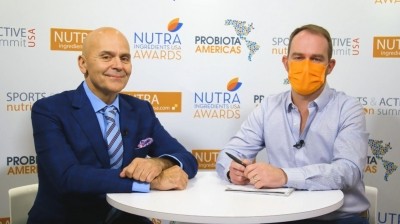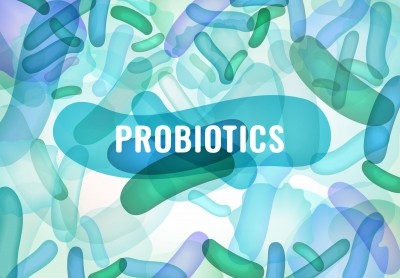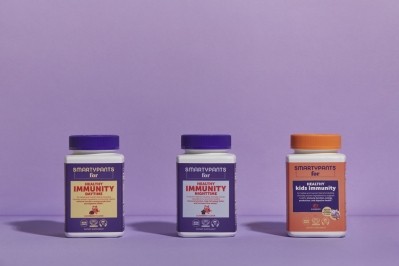Global probiotics market grows 8%, says IPA’s Paraskevakos
The global pandemic has upended all predictions from 2019, including the forecast that sale of probiotic products were slowing or stagnating.
Speaking with NutraIngredients-USA via video, IPA’s Paraskevakos explained that he recently asked the organization’s data partners, Lumina Intelligence and Euromonitor International, for an update.
“It’s reported that for sales growth, the numbers are about 8-8.5% near the end of the summer [for the world markets]. It’s interesting because last year the numbers were either going back in terms of growth rates or flat, and 2020 was not supposed to see any growth whatsoever,” said Paraskevakos.
“Some member companies are reporting more than this, maybe double.”
“This new situation has created an environment where people want to prevent or help support or bolster the fight against what’s going on. So, I think probiotics as an ingredient is key and important because of the science proving how it can help bolster the immune system.”
Clinical trials
Talking about the science, earlier this year, the International Probiotics Association and University College Roosevelt, Middelburg (the Netherlands) co-funded an analysis of probiotic clinical trials registered on ClinicalTrials.gov and the International Clinical Trials Registry Platform (ICTRP) of the World Health Organization.
The data, which was published in the journal Heliyon showed that there are 1,619 human clinical trials registered on those two databases, with 43% of those on ClinicalTrials.gov including healthy participants – significant greater than the average of 25% of all registered clinical trials that accept healthy volunteers.
Paraskevakos said that while the paper did not assess the results of these studies (ie. if they produced positive results) this is being assessed as an evolution to the initial idea supported by the IPA.
Committee updates
One of the key undertakings by IPA that has been “about a year in the making” is a regulatory affairs manuscript covering 28 countries that show the requirements for commercializing a product in each country.
“As of next year, we’ll add another 10 countries to that manuscript,” said Paraskevakos.
Paraskevakos also discussed efforts by IPA’s technical and analytical committee to perform a gap analysis on enumeration. “We’re going to try to create a best practices of enumeration technologies, and once that is done connect this to the manufacturing guidelines that were published last year to finally put together a certification program for probiotics that are being put to market.”
















